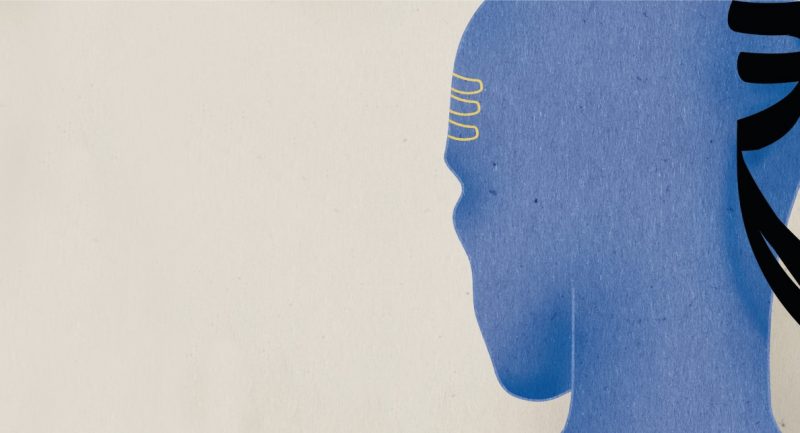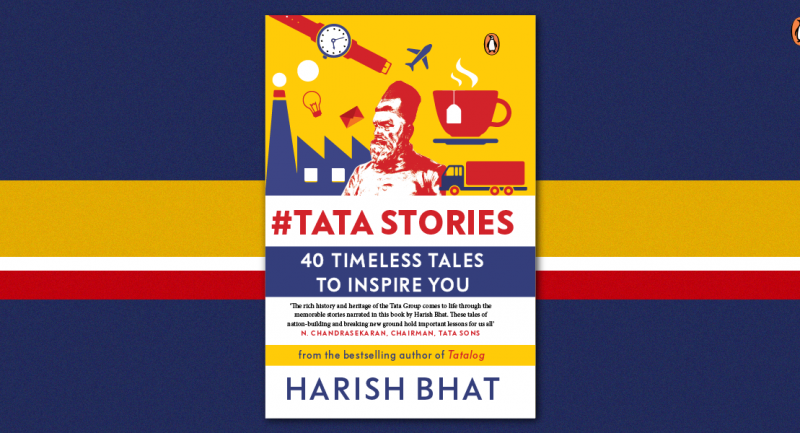
Gandhi lived one of the great 20th-century lives. He inspired and enraged, challenged and delighted millions of men and women around the world. He lived almost entirely in the shadow of the British Raj, which for much of his life seemed a permanent fact, but which he did more than anyone else to bring down.
In a world defined by violence and warfare and by fascist and communist dictatorships, he was armed with nothing more than his arguments and example. While fighting for national freedom, he also attacked caste and gender hierarchies, and fought (and died) for inter-religious harmony.
Here is an excerpt from the chapter title Martyrdom from Ramachandra Guha’s book, Gandhi: The Years that Changed the World 1914-48.
When he broke his fast on 18 January, Gandhi told those who had signed the pledge presented to him that while it bound them to keep the peace in Delhi, this did not mean that ‘whatever happens outside Delhi will be no concern of yours’. The atmosphere that prevailed in the capital must prevail in the nation too.
That same evening, Jawaharlal Nehru addressed a large public meeting at Subzi Mandi, where he remarked that ‘there is only one frail old man in our country who has all along stuck to the right path. We had all, some time or the other, strayed away from his path. In order to make us realize our mistakes he undertook this great ordeal.’ Congratulating the people of Delhi for taking the pledge to restore communal harmony, Nehru said the next step was to ensure peace ‘not merely in Delhi but in the whole of India’.
Later that evening, a group of Muslims returned to Subzi Mandi, where they ‘were given a hearty welcome in the vegetable market where they [had] felt somewhat insecure’.
Monday the 19th was a day of silence for Gandhi. He spent it attending to his correspondence and writing articles for Harijan. In their daily report, the doctors attending on him said: ‘There is considerable weakness still. There are signs of improvement in his kidneys. The diet is being slowly worked up. He is still on liquids.’
Also on the 19th, the general secretary of the Hindu Mahasabha issued a statement saying that while they were relieved that Gandhi was out of danger, the Mahasabha had not signed the peace pledge, since ‘the response to his fast has been wholly one-sided, the Pakistan Government still persisting in its attitude of truculence . . . The net result of the fast has been the weakening of the Hindu front and strengthening of the Pakistan Government.’ The statement went on: ‘What we oppose is the basic policy of Mahatma Gandhi and the followers of his way of thinking that whatever might be done to the Hindus of Pakistan, Muslim minorities in India must be treated equally with other minorities. This is a policy that the Hindu Mahasabha can never accept . . .’
At his prayer meeting on the 20th, Gandhi said he hoped to go to Pakistan, but only if the government there had no objection to his coming, and only when he had regained his strength. As he was speaking, there was a loud explosion. This scared Manu Gandhi, sitting next to him, as well as members of the audience. Gandhi, however, was unruffled. After the noise died down, he continued his speech.
The explosion was the sound of a bomb going off behind the servants quarters of Birla House, some 200 feet from the prayer meeting. Inquiries revealed that a group of men had come earlier in the evening in a green car and ‘moved around in a suspicious manner’. After the explosion, watchmen arrived on the scene, and apprehended a young man who had a hand grenade. His accomplices had meanwhile fled. The man, named Madan Lal Pahwa—who was ‘well dressed, of fair complexion and of medium height’—said he was opposed to Gandhi’s peace campaign since he ‘had lost everything he had in West Punjab’. A refugee from Montgomery district, he was living in a mosque in Paharganj from where he had just been evicted (as it had been restored to the Muslims).
On hearing of the incident, Nehru came to Birla House, met Gandhi and also discussed the matter with the police.
This magnificent book, now available as an e-book, tells the story of Gandhi’s life from his departure from South Africa to his dramatic assassination in 1948.









